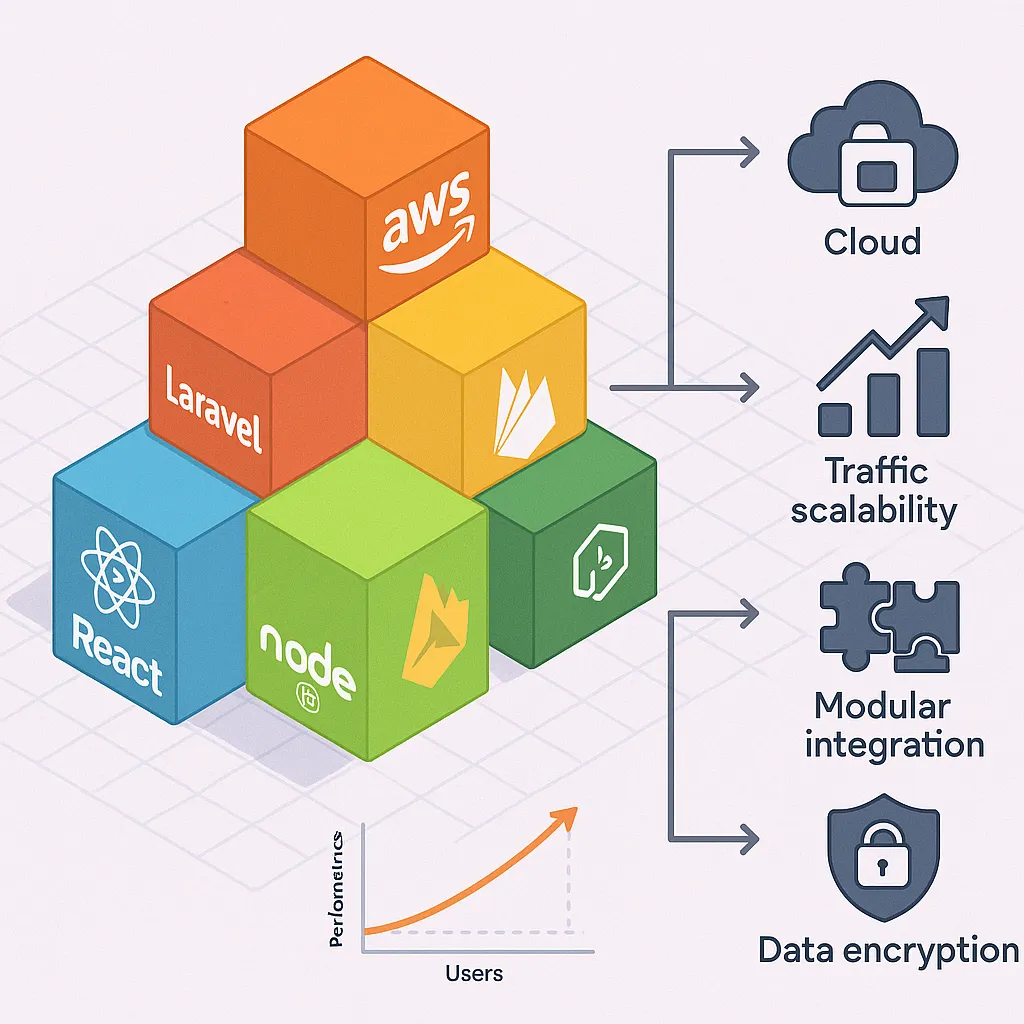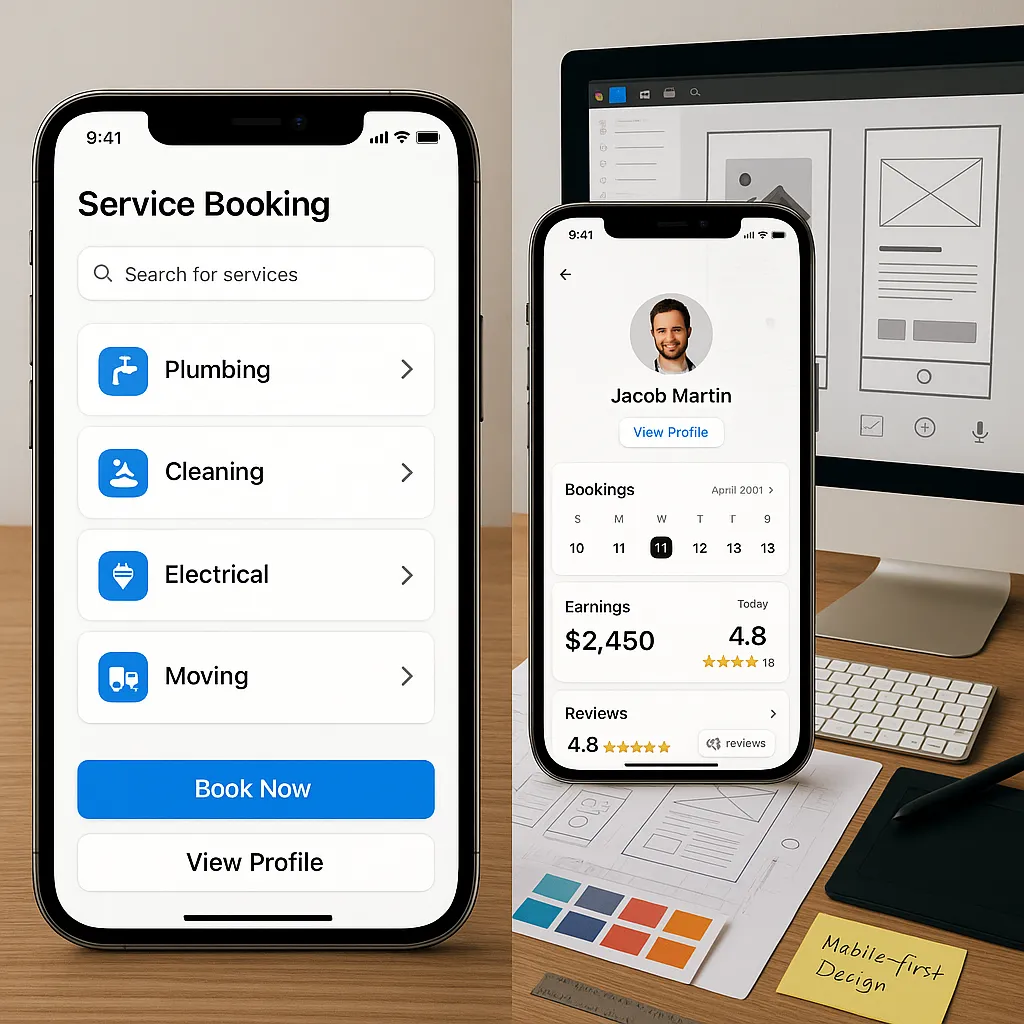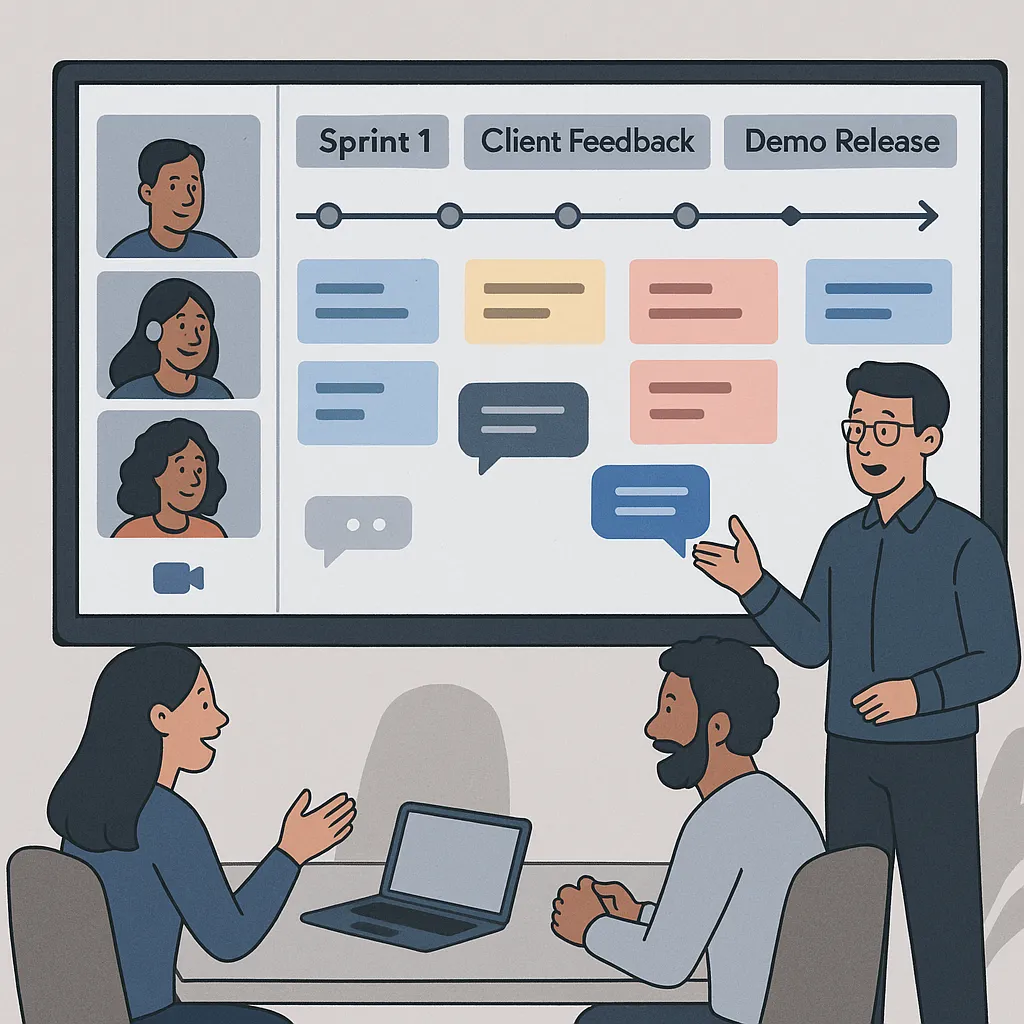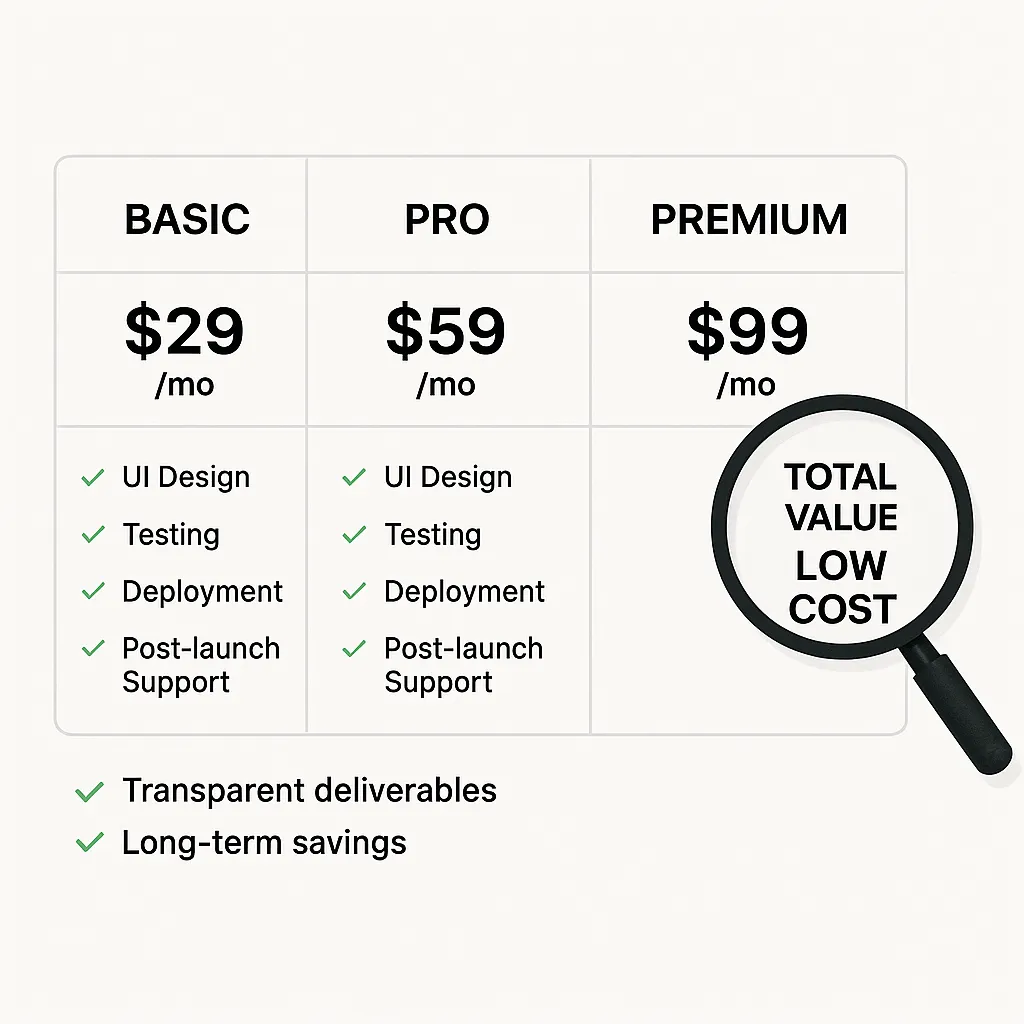How to Hire the Best Thumbtack Clone Developer
Create a powerful, customizable streaming solution with Miracuves’ Thumbtack Clone, equipped with high-performance features and next-gen technology.
Thinking of building a service marketplace like Thumbtack? You’re not alone — platforms that connect customers with local professionals are booming. But before you can bring your idea to life, you’ll need to find the right Thumbtack clone developer. Not just a coder, but a strategic tech partner who understands how these platforms work and what it takes to make one thrive.
In this guide, we’ll walk you through the key things to consider so you can hire the best Thumbtack clone developer for your startup — someone who delivers a secure, scalable, and feature-rich app that actually supports your growth.

Look for Domain Expertise
Let’s face it — building a services marketplace is a different ballgame than e-commerce or social media. You want a developer who knows the ins and outs of this model.
Ask about similar builds: Have they worked on projects involving provider listings, appointment scheduling, or local service matching?
Check for proof: See if they have live apps or case studies that show real-world results, not just mockups.
Gauge their business understanding: The best developers get how things like lead generation, vendor onboarding, and customer retention work in a marketplace setting.
The more experience they have with service marketplaces, the smoother your development journey will be.
Tech Stack & Scalability
You’re not just launching an MVP — you’re laying the groundwork for a high-traffic platform. Your developer’s tech choices can make or break your app’s long-term performance.
Modern frameworks: Look for expertise in scalable stacks like React, Next.js, Node.js, Laravel, and cloud platforms like AWS or Firebase.
Scalable architecture: Ask if the app will support feature modularity, meaning you can add new tools (like instant booking or chat support) without a full rebuild.
Security baked in: You’ll be handling personal data, so ensure they implement encryption, secure logins, and compliance measures.
Bottom line — future-proofing your platform starts with the right tech foundation.


UI/UX Capabilities
People expect a smooth, intuitive experience from every app — and a services marketplace is no exception. UI/UX isn’t just “nice to have”; it drives user retention and trust.
User-first approach: Ask how they design intuitive flows for customers and service providers. Can they explain their wireframing or prototyping process?
Custom branding: Your app should reflect your identity. Make sure they offer full customization — not just color tweaks on a template.
Role-based design: Admins, users, and professionals all have different needs. Can the developer create tailored views for each?
Mobile-first design: Since most bookings happen on phones, mobile optimization is essential.
Even the smartest backend won’t help if the front end turns users away.
Communication & Workflow
You’re hiring a development partner — not a black box. Clear communication and reliable workflow processes are critical to getting things done right.
Project management tools: Do they use platforms like Jira, Trello, or ClickUp to keep you updated?
Access to decision-makers: You should have direct access to your project lead or technical expert — not just a salesperson.
Progress visibility: Choose a team that offers regular updates, demos, or sprints so you can give feedback early and often.
Post-launch support: A good developer sticks around after launch to handle bug fixes, tweaks, and performance scaling.
Solid communication can prevent costly misunderstandings and timeline issues.


Pricing Models & Quality
Cost matters — but what’s more important is clarity and what you’re getting in return.
Itemized estimates: Avoid vague quotes. Ask for a detailed breakdown of features, timelines, and responsibilities.
Transparent deliverables: Make sure you know what’s included (UI design, testing, hosting setup, etc.) and what isn’t.
Long-term value: Cheap builds often lead to expensive rewrites. It’s better to invest in a stable product that doesn’t fall apart at scale.
Think of your development budget as an investment — and make sure you’re maximizing ROI, not just minimizing costs.
Choose the Right Development Partner
Even with a solid roadmap, building a service marketplace like Thumbtack is no walk in the park — you need a development team that truly understands the dynamics of local services, provider-client matchmaking, and platform scalability. Partnering with the right Thumbtack clone developement company can help you avoid missteps, accelerate your launch, and ensure long-term growth.
Look for a partner that offers:
Proven experience in building on-demand service marketplace apps
A strong portfolio of scalable, secure platforms with real-world performance
Full-cycle development — from feature planning to deployment and optimization
At Miracuves, we don’t just replicate platforms — we deliver robust, customized Thumbtack clone solutions that align with your business model and future plans. Let us take care of the technology while you focus on attracting users and scaling your brand.
Conclusion
Hiring the right Thumbtack clone developer isn’t just about finding someone who can write code. You need a partner who understands the marketplace model, builds with growth in mind, designs for real users, and communicates every step of the way. With the right team behind you, you won’t just launch a product — you’ll launch a platform with staying power.
Frequently Asked Questions
Prioritize developers with real experience building service marketplaces, strong UI/UX capabilities, and a scalable tech stack.
It depends on the features, design complexity, and development location — but typically ranges between $15,000 to $60,000 for a full-scale Thumbtack-style app.
However, with Miracuves’ ready-made Thumbtack Clone, the same platform can be developed and deployed for just $2,899, offering a faster and more cost-efficient solution.
Absolutely. A good developer will allow full customization so you can tweak categories, branding, user flows, and more.
A basic MVP can take 6–10 weeks, while a fully-featured, scalable version may require 3–6 months.
With Miracuves’ optimized development framework, the same project can be completed and launched within just 3–9 days, ensuring faster market readiness without compromising on quality.
Most professional teams offer post-launch support for updates, bug fixes, and scaling — just make sure it’s discussed upfront.



